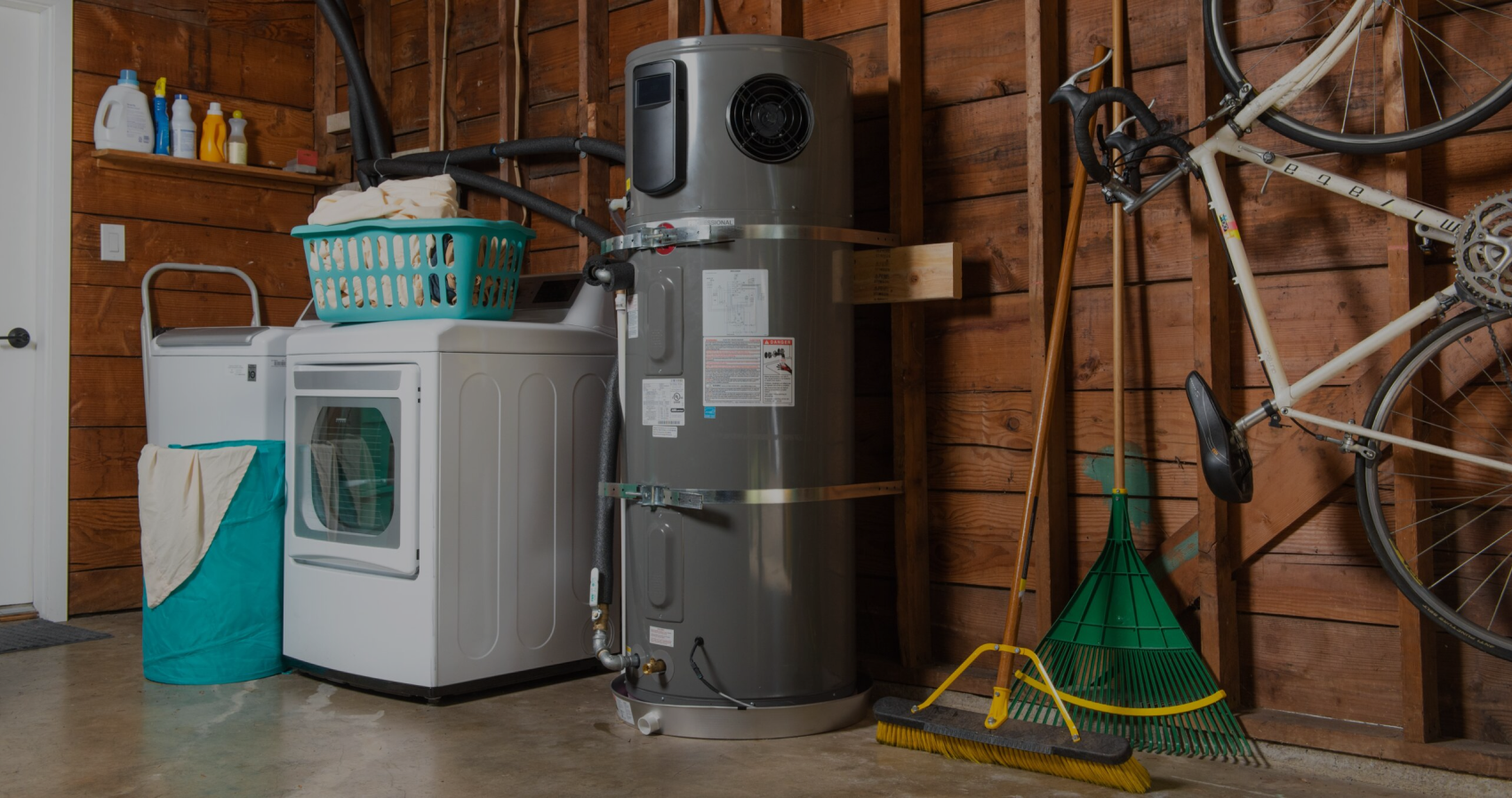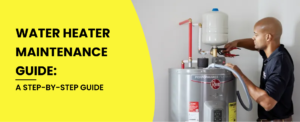Local Family- Owned Plumbing & Drain Service Since 1974.
Offcanvas right
- Our Showroom is
- open by appointment only. click Here
Local Family- Owned Plumbing & Drain Service Since 1974.

Your water heater plays a crucial role in ensuring you have hot water when you need it. From showering to washing dishes, it’s a household essential. However, like any home appliance, a water heater requires regular maintenance to keep it running efficiently and prevent costly repairs. Water Heater Services in Oakville involves checking the system for leaks, ensuring proper heating performance, and addressing any signs of wear and tear. In this guide, we’ll walk you through the necessary steps to maintain your water heater, troubleshoot common issues, and perform simple repairs.

Maintaining your water heater is essential for extending its lifespan, improving its energy efficiency, and avoiding unexpected breakdowns. Without regular Water Heater Services in Oakville, sediment buildup, corrosion, and leaks can reduce your water heater’s performance, leading to higher utility bills and, ultimately, expensive repairs or replacements. By staying proactive, you can address minor issues before they escalate and ensure your water heater continues to provide reliable hot water.
Regular checks and inspections help detect potential issues early. By cleaning out sediment, inspecting for leaks, and replacing worn-out parts, you can enhance the heater’s performance and efficiency. You don’t need to be an expert to carry out basic maintenance—just a few simple tasks each year can make a big difference.
Water heater leaks are one of the most common problems homeowners face. Leaks can occur at various points in the system, including the tank, valves, and pipes. The first step in troubleshooting a leak is to identify its source. If you notice water around the base of the heater or hear unusual sounds, it’s important to check these common areas:
One of the most common sources of leaks in a water heater is the temperature and pressure relief valve (T&P valve). This valve is designed to release pressure if the water temperature or pressure exceeds safe levels. If the T&P valve is leaking, it could be a sign of excessive pressure in the tank or a malfunctioning valve.
The dip tube directs cold water to the bottom of the tank for heating. Over time, the dip tube may degrade, causing cold water to mix with hot water, leading to inefficient heating. To inspect the dip tube, turn off the power and water supply to the heater, and remove the cold water inlet connection. If the dip tube appears cracked or broken, replacing it will restore the water heater’s efficiency.
In electric water heaters, the heating element is a key part of the heating process. If your heater isn’t providing enough hot water, or if it’s only heating water intermittently, the heating element might be malfunctioning. To check, you’ll need to turn off the power, remove the access panel, and use a multimeter to test for continuity. If the element is faulty, replacing it can restore your heart’s function.
Corrosion can dramatically reduce the lifespan of your water heater. It typically begins with the anode rod, which is designed to attract corrosive elements in the water to prevent the tank from rusting. To avoid corrosion:
A little regular care goes a long way in preventing costly repairs by Plumber in Oakville. Set a reminder to inspect your water heater annually. Check for leaks, flush the tank, and inspect the valves and anode rod. By staying on top of these simple tasks, you can extend the lifespan of your water heater and ensure it operates efficiently.
Water Heater Services doesn’t need to be complicated. By performing routine inspections, addressing minor issues like leaks and sediment buildup, and replacing worn-out parts, you can keep your water heater running smoothly for years. Not only will this save you money on repairs, but it will also help improve your energy efficiency and extend the life of your unit. So, roll up your sleeves, grab a wrench, and start taking care of your water heater today!

Tell us the details of your upcoming project and we’ll provide you with an honest price.